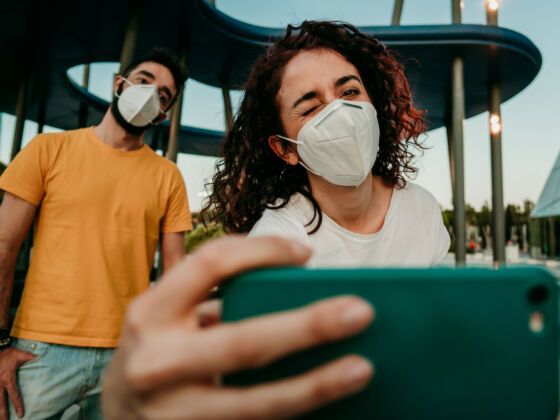Editor’s note: This is an op-ed piece. The opinions expressed in this article are the author’s own.
Facebook and Instagram have always been a battlefield of aesthetics, where we line up our most heavily filtered photos like soldiers and pit them against each other for likes and engagement. The rules of “engagement” used to be simple: Post the most enviable vacation photo or diabolical thirst trap on a beach, and you win the battle. Now, the rules have changed.
